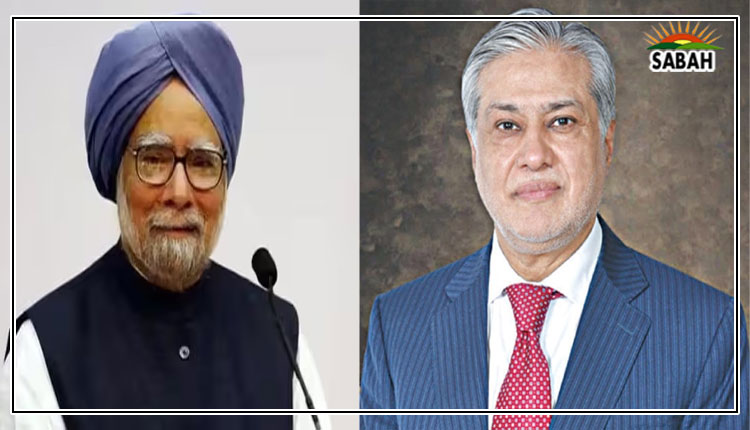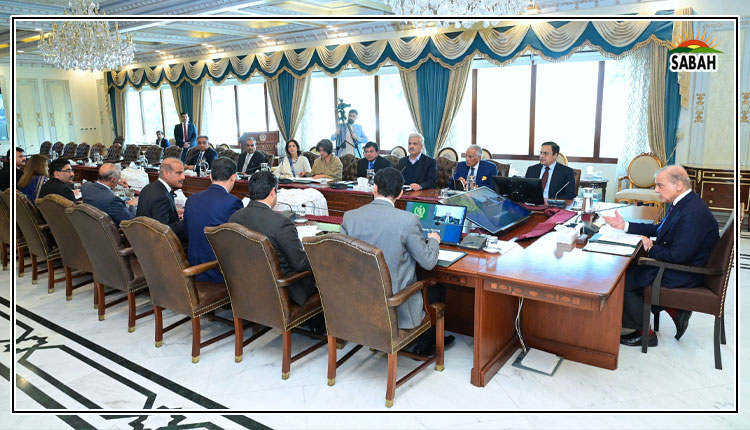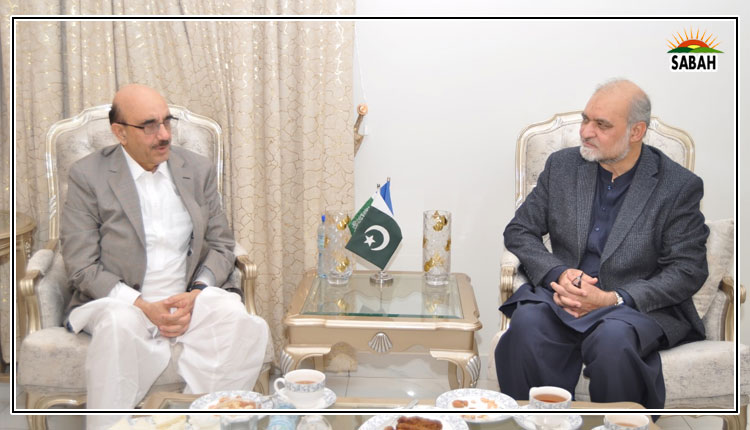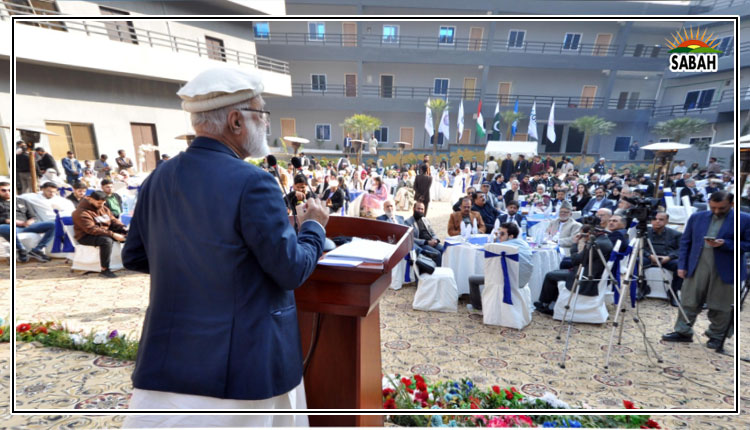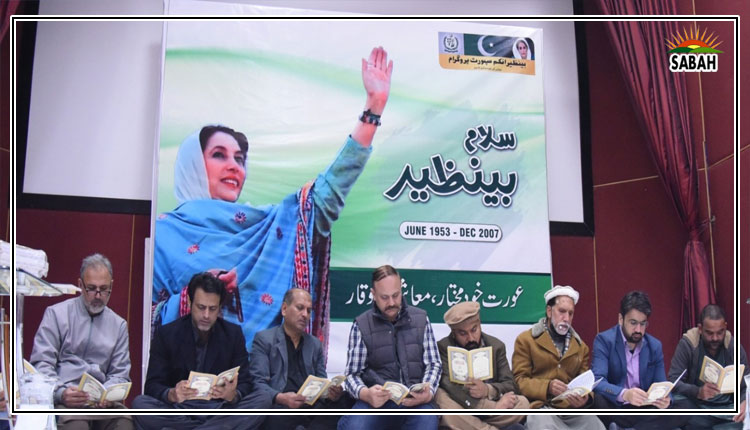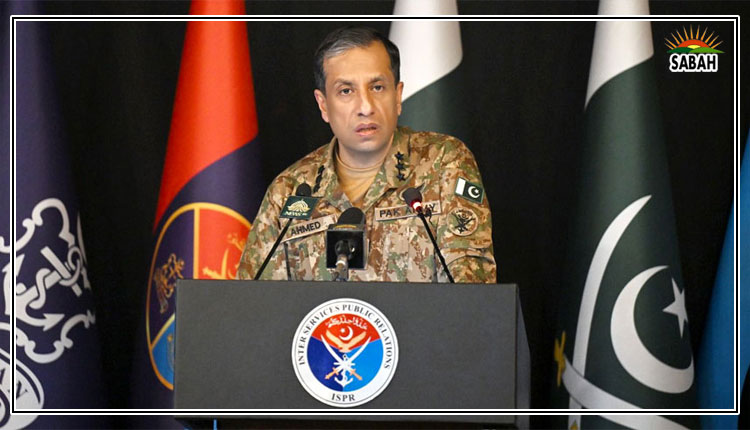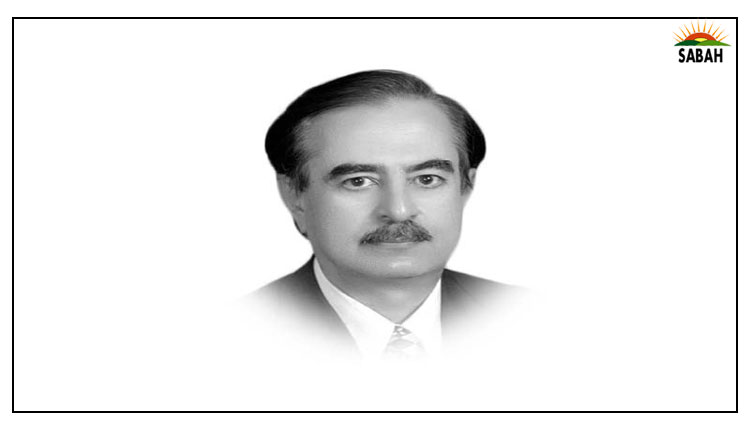Have chains been broken to unleash terror in Pakistan?… Sahibzada Riaz Noor
More than 60 persons have died in the latest suicide bombings in Mastung and Hangu. These follow the deadly killings of more than 100 in the January Peshawar Police Lines attack and over 50 in a JUI-F congregation in Bajaur. Not a single week goes by without the blood of security forces and innocent civilians being spilled, mainly in KP and Balochistan. Ever since August 2021, particularly after the collapse of negotiations with militants, thousands have perished.
The declared aims of the militants are clear: to establish, first as a foothold in the erstwhile Fata a shariah-based caliphate, extending subsequently to the rest of the country. Negotiations with the militants, started during the previous regime, proved unsuccessful despite the release of over 100 convicted militants and permitting many more to return to be resettled in KP. This last action led to the returnees trying to impose their own writ over areas of Swat and adjoining areas leading to sharp protests by the locals for being ignored and abandoned.
The talks with the terrorists, started in undue haste, lack of prior planning and consultations with the local tribes and residents and without ensuring that the repatriates surrendered their arms upon return, ended up in expected failure when the militants refused to accept the claim of the state of Pakistan that compromise on the sovereignty and supremacy of the Constitution was non-negotiable redlines. Many with previous experience of failed negotiations had forewarned that negotiations with militants only have a chance of success when there exists a realisation that success was impossible through force.
The people of KP and Balochistan have always felt at the receiving end of policies relating to the western border. These people, with their distinct identities, have felt, not without reason, that our Afghan policies have since long been devised and dictated by India and Kashmir centric strategic and security considerations, not taking into account the wishes and security concerns of the people of these areas. No wonder that a simmering alienation persists obviating a sense of inclusive, participatory ownership.
Why was Pakistan keen on getting back a Taliban regime in Afghanistan post US withdrawal in 2021? The answer lies somewhere in its age-old policy of countering a pincer from east and west and the policy of strategic depth of dubious provenance.
Can one visualise Afghanistan or India trying to ensure, by all possible means, the enabling of a government in Pakistan belonging to a particular political party, secular or religious, pursuing a specific agenda or ideology. We must accept the fact that a people or a nation possesses the right of choosing, explicitly or implicitly, its own system of government, in keeping with its traditions and ethos.
We forget or ignore that during the 1965 war with India, Afghan King Zahir Shah gave an assurance to President Ayub Khan that Pakistan needed not be concerned about the security of its western border with Afghanistan. This enabled the redeployment of our defence forces from its western to the Indian borders.
It is debated whether the Kabul government is complicit in militant attacks against Pakistan. TTA and TTP fought together against the US and ISAF forces for over twenty years. Generally, they have been described as two sides of the same coin. TTP militants were one of the first prisoners released from Bagram prison upon Taliban takeover in August 2021. Haqqani was one of our main proteges and his son is the defence minister of Afghanistan.
Although Kabul declares disallowing its territory from being used by militants against other countries, its attitude towards its war-twin is at best ambivalent.
Kabul is in the horns of a dilemma. It proclaims neutrality in respect of cross-border militancy, yet its past close relations with TTP, which has spilled blood in support of the TTA war of independence, prevents it from using force against its battle ally. Pashtuns would rather die before they turn over a protection seeker. Taking action against those who have joined war with them is inconceivable. Non-Pashtoon strategists perhaps failed to reckon with this deep cultural norm just like Musharraf blundering into and inflaming the 5th Baloch insurgency by challenging executing Bugti with a hit so hard that he will not know what struck him. An issue which an Assistant Commissioner conversant with local riwaj couldve resolved easily, due to lack of knowledge and respect for local cultural values, led to disaster whose costly price in terms of national instability and divisiveness we continue to pay even after twenty years. We learnt nothing from 1971.
Kabul, by remaining silent and inactive, cannot absolve itself from the charge of indirect complicity in militant depredations in Pakistan. How will this problem resolve itself? Military action by Pakistan in Afghanistan against TTP, against their hideouts or launching pads or sleeper cells? Negotiations in which local voices are intimately involved? Use of international diplomacy, in particular with Arab countries? Or a combination of all these strategies? An across the board approach is required.
Some quarters look at the relation of recent increase in terrorist acts to the coming elections. Are some parties being singled out as was the leadership of a nationalist party targeted in the run up to the 2018 elections?
At difficult times such as these some words resonate with an air of ominous remembrance. One cannot forget the utterance of the then intelligence chief in August 2021 made over his famous cup of tea in a Kabul hotel, on being asked how he thought the situation in Afghanistan will develop: Dont worry. Everything will be OK. The irony of another statement rings: The Taliban have broken the chains of slavery .
Little did our strategists realise that the victory being celebrated was only pyrrhic, that while the shackles of slavery were being broken in Kabul, that this could lead to a reign of terror on the eastern side of Durand Line resulting in the deaths of thousands security men and innocents, mainly in KP and Balochistan.
Can one expect for questions to be asked for the death of these innocents of Pakistan from the enablers and supporters of those who lauded unshacklement that led to unleashing of havoc on our brave forces, police and locals, mainly Pashtoons?
Courtesy The Express Tribune



